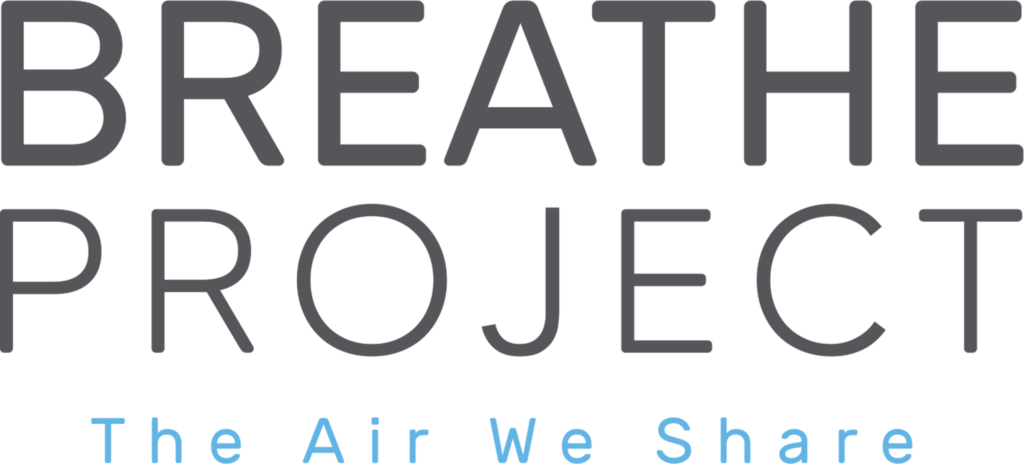Matt Mehalik, Executive Director of the Breathe Project
The Breathe Project would like to thank ACHD for its efforts to hold US Steel accountable to the Clean Air Act and the opportunity to share our assessment of the proposed settlement agreement. These comments are on behalf of the Breathe Project and 12 other regional community health organizations.
We support the fact that US Steel must repair and upgrade some portions of the Clairton Coke Works. These repairs will likely reduce some air emissions from the plant. We generally support of the concept of allocating penalty monies so that they are used for projects that improve the health of residents in the communities that have borne the brunt of many years’ worth of emissions violations from the Clairton Coke Works.
We also have several concerns about the settlement agreement.
- The agreement does not provide sufficient incentive to curtail future emissions violations and can be viewed as a pay-to-pollute arrangement.
ACHD’S proposed civil penalty of $2,732,504 is just 0.25% of US Steel’s net earnings of $1.11 billion and just 0.02% of US Steel’s revenue or $14.1 billion from last year. To put that into perspective, this cost is the equivalent of the median Pittsburgh household (total income $58,521) paying about $146, based on net income. This is less than the cost that the average Pittsburgh family pays in utilities for a month. If the calculation is based on revenue, the equivalent cost to a Pittsburgh family would be $11.70. These numbers are hardly a deterrent for US Steel to stop polluting by investing in its equipment. It is simply less expensive for US Steel to keep paying fines instead of upgrading equipment in order to operate lawfully.
We believe that this agreement should require US Steel to shut down and repair old coking batteries that cannot operate lawfully, because penalty fines do not appear to be a sufficient deterrent to stopping emissions violations.
- The settlement agreement does not go far enough in requiring US Steel to invest in major new pollution controls to end air pollution violations from the Clairton Coke Works
US Steel was quoted as saying that it would cost them $400 million to shut down and completely repair old, leaking batteries. They could afford to do this given their profits. They are choosing to invest their profits elsewhere in the Mon Valley Works for process automation instead.
Many of the agreement’s proposed repairs take too long, in many cases not for another 2 – 5 years. These repair timelines need to be significantly shortened in order to protect the health of community members—within 12 – 18 months maximum.
US Steel should outright replace Batteries 1, 2, and 3 instead of applying band-aid repairs to facilities that date from the 1950s and that will continue to risk the health of the region’s residents.
The process for selecting the environmental compliance auditor should be an open, public, transparent process that is open to public comment. The audit reports should be released publicly and easily accessible through posting on a public website.
- ACHD needs to drive US Steel to a standard of 100% compliance with emissions requirements.
The current agreement does not guide US Steel to pursue quality in its processes and operations.
In six-sigma quality operations, processes are capable of operating at a 99.99966% rate of compliance (3.4 failures in a million operations. ACHD is holding US Steel to a much lower standard — 98.152which allows for over thousands of failures per million operations.
A business that operates with only 98% compliance and with such high rates of failure sends a signal to the market that it cannot control its processes adequately. In this particular case, the lack of control results in very high rates of emissions violations that compromise the air quality for millions of people in Allegheny County.
We recommend that ACHD require US Steel to achieve 6 sigma performance within three years at all facilities in the Mon Valley Works pertaining to meeting air quality emissions performance.
Such a standard should be recommended to the 3rd party consultant conducting an independent review as part of this agreement so that meaningful process control and compliance measurement can be achieved.
- ACHD needs to ensure that the Community Benefit Trust is set up to be forever independent of US Steel and its influence and that the disbursement of monies from the trust goes to improving health in the adjacent communities to the Clairton Coke Works.
- ACHD needs to ensure that the community advisory panel is set up to operate with a high degree of transparency and accountability, free from the influences of US Steel.
- ACHD should continue to project its authority to establish strident Coke Oven regulations and should not agree to terms that can interfere with its legal authority to enforce compliance with the Clean Air Act.
The stipulation that more strident limits must correlate with measurable reduction of H2S and Benzene at the Liberty monitor is an inappropriate measure for constraining new regulations. The Liberty monitor is used to determine compliance for the County’s airshed and reflects the performance of multiple facilities in its proximity. It is also subjected to fluctuations and variation of weather factors, all of which obscure the ability to easily show correlated, measurable reduction in H2S and Benzene from the Coke Works. This provision to show correlation is unnecessary and should be struck from the agreement.
The people of Allegheny County have been cleaning up this region for decades as a result of pollution from heavy manufacturing, particularly in the Mon Valley.
We believe ACHD should continue to hold polluters accountable through meaningful and strident enforcement of the Clean Air Act, in accordance with its broad authority.
Thank you for your consideration and commitment to improving our region’s health and air.

